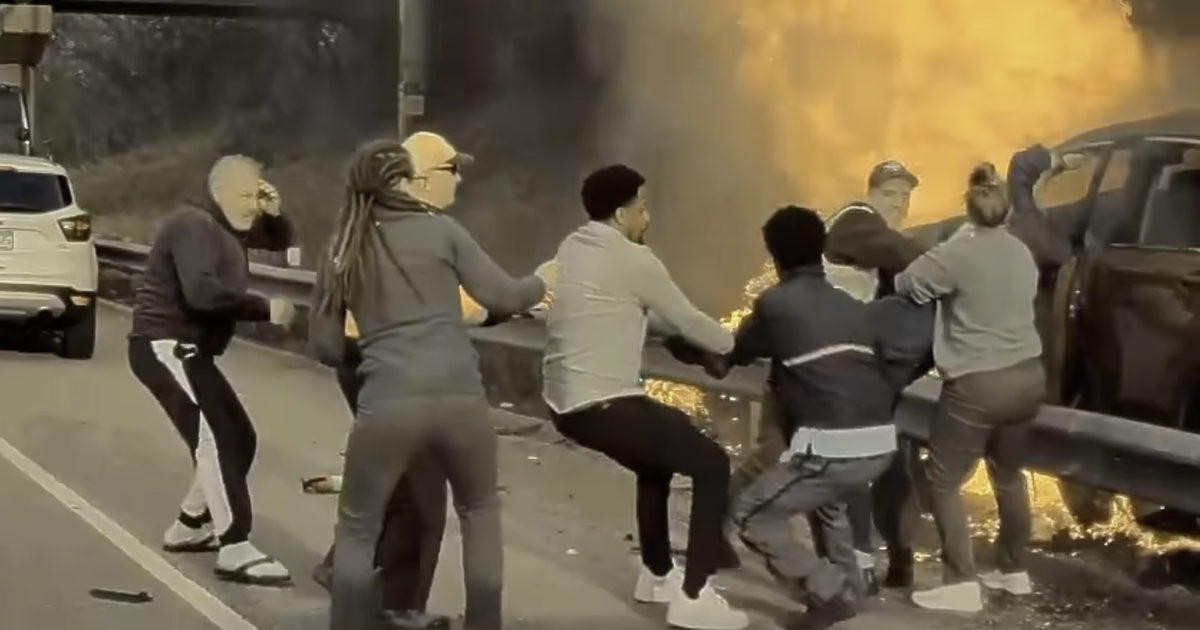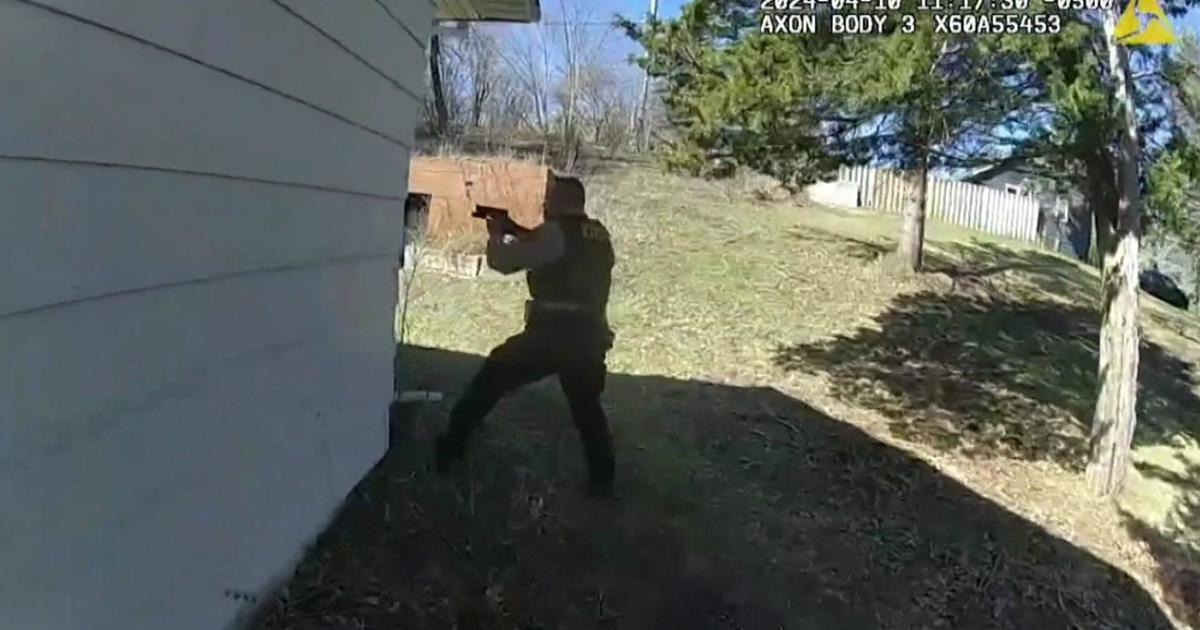Minn. Lawmakers Debate Regulations For Police Body Cameras
ST. PAUL (WCCO) -- Minnesota lawmakers are struggling to regulate new technology allowing police to wear body cameras and record everyday contacts with the public.
The use of body cams is growing rapidly on police forces across the country, including Minnesota. It's raising questions about when, and how, they can be used.
Right now, Minnesota does not have guidelines on police body cams. It's up to individual departments to write their own rules on how to use the cameras: When to turn them on or off, and whether the video should be private.
The racial unrest in Ferguson, Missouri last year helped spark a nationwide movement for police to wear small cameras on their bodies to record interactions with the public.
But police departments, like Duluth's, say most citizens don't want those recordings made public.
"They are extremely supportive of police body cameras, but they want some assurances that not just anybody can come and get the data," Duluth Police Chief Gordon Ramsay said.
Four Minnesota police department already use body cams: Duluth, Gilbert, Burnsville and a pilot project in Minneapolis.
Lawmakers are struggling with questions about when to turn the cameras on and off and under what circumstance they could even be used.
"We have not addressed jails. We have not addressed courts. We have not addressed bailiffs. We have not addressed civil process. We have not addressed transports. All of which are things that we as sheriffs do," James Franklin of the Minnesota Sheriff's Association said.
Some minority community leaders say the cameras should always be on, providing a more complete record than cell phone video -- like the one that captured the death of Eric Garner in a scuffle with New York police.
Protesters at the Minnesota Senate hearing unfurled large quilts with messages about police violence. They are calling for all cameras on -- all the time -- and almost all video public.
"We need accountability to make sure police cannot kill people, cannot kill young people without repercussion," Mica Grimm of Black Lives Matter said.
After Ferguson, President Barack Obama announced $75 million in federal grants to outfit police departments with body cams.
That will happen very slowly over time, as states grapple with new rules of operation.



